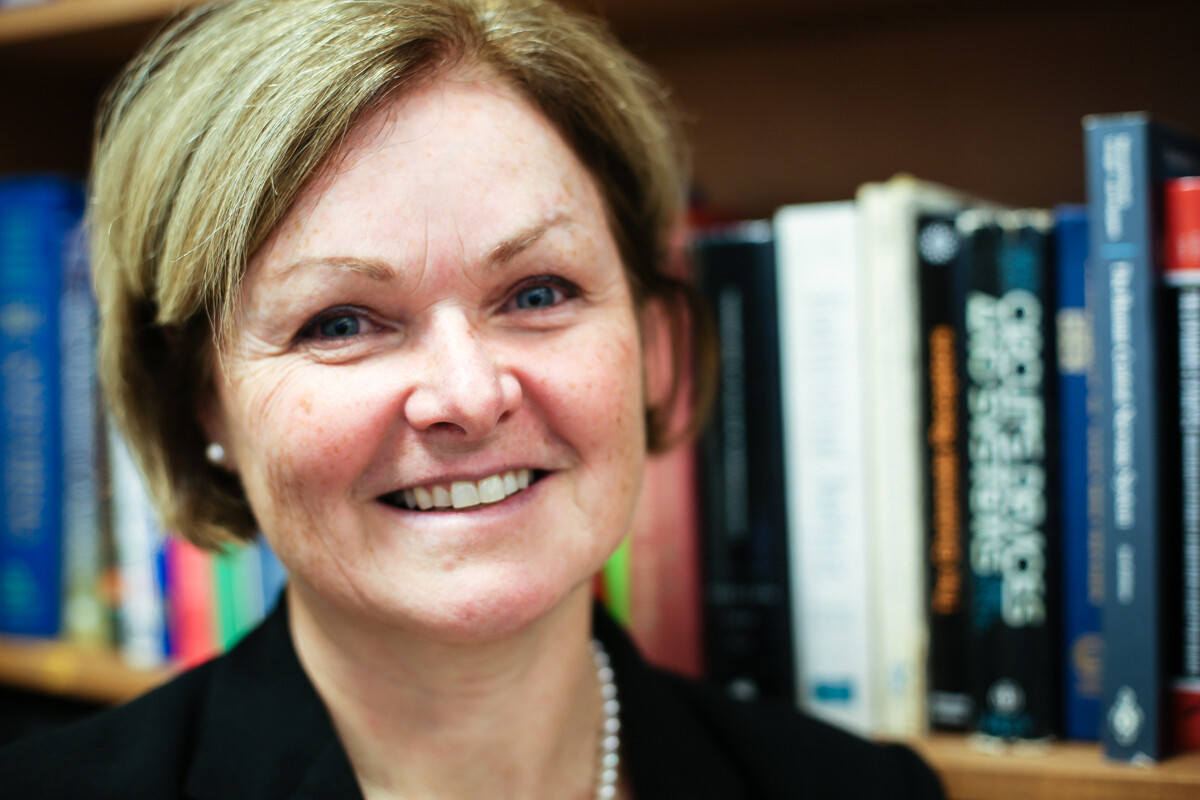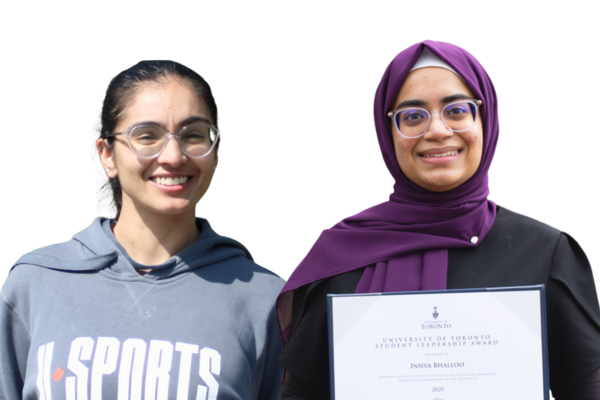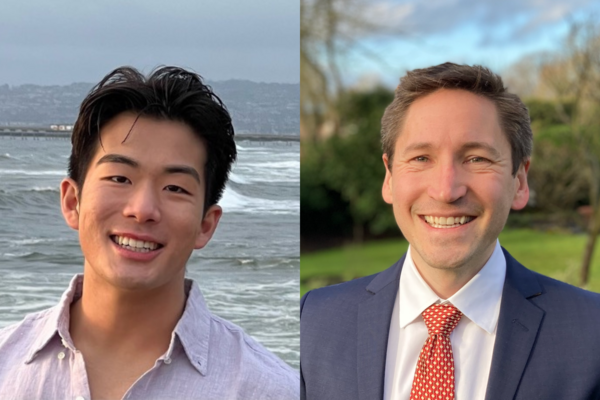Mobile Menu
- Education
- Research
-
Students
- High School Outreach
- Undergraduate & Beyond: Community of Support
- Current Students
- Faculty & Staff
- Alumni
- News & Events
- Giving
- About

Researchers at the University of Toronto’s Faculty of Medicine have shown why anesthetics can cause long-term memory loss, a discovery that can have serious implications for post-operative patients.
Until now, scientists haven’t understood why about a third of patients who undergo anesthesia and surgery experience some kind of cognitive impairment—such as memory loss—at hospital discharge. One-tenth of patients still suffer cognitive impairments three months later.
Anesthetics activate memory-loss receptors in the brain, ensuring that patients don’t remember traumatic events during surgery. Professor Beverley Orser and her team found that the activity of memory loss receptors remains high long after the drugs have left the patient’s system, sometimes for days on end.
Animal studies showed this chain reaction has long-term effects on the performance of memory-related tasks.
“Patients — and even many doctors — think anesthetics don’t have long-term consequences. Our research shows that our fundamental assumption about how these drugs work is wrong,” says Orser, a Professor in the Departments of Anesthesia and Physiology, and anesthesiologist at Sunnybrook Health Sciences Centre.
In the study — led by PhD candidate Agnes Zurek — the team gave healthy male mice a low dose of anesthetic for just 20 minutes and found that receptor activity was increased for a week afterwards. These results suggest the same effect can impact a patient’s learning and memory during a time when they are receiving critical information about their care.
“There’s a lot going on after surgery, which can alter our ability to think clearly. Loss of sleep, new environments and medications can all impact a patient’s mental function. Anesthetics likely compound these issues,” says Orser.
She recommends physicians and family members carefully monitor patients after surgery for any signs of memory loss. “Patients should write everything down or have a second pair of ears with them after surgery. For high-risk groups, physicians need to inform patients about these possible side effects and help manage the impact on recovery and overall health,” says Orser.
The likelihood of a patient experiencing cognitive impairment depends on their age, health, type of surgery and the anesthetic, with chances increasing for more intricate procedures. The incidence is highest in the elderly or those undergoing major surgery such as cardiopulmonary bypass.
“Anesthetics don’t put you to sleep—they induce a pharmacological coma. We shouldn’t take these drugs lightly,” Prof. Orser cautions.
Orser and her team are looking at drugs that can stop the receptors and restore memory loss. While they are still in the early stages of research, they say some of the drugs show very promising results in animal studies.
The study was published today in the Journal of Clinical Investigation.

